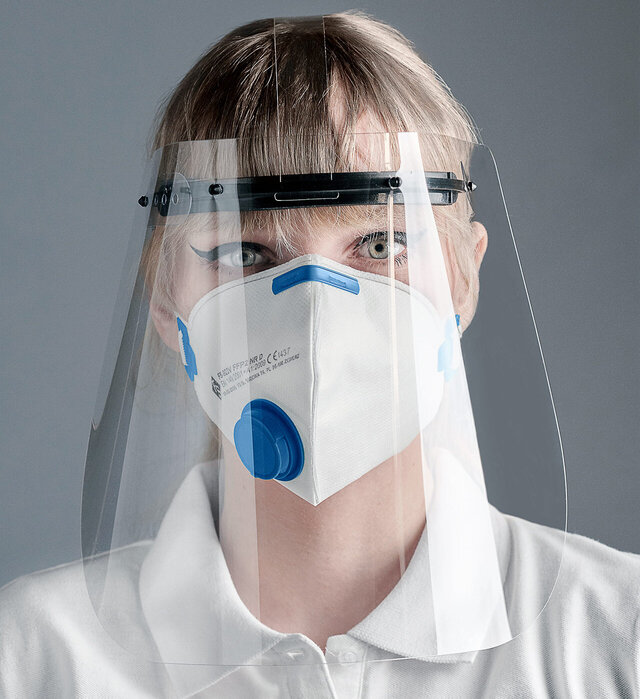Innovative response
- Control of epidemics
- Patient Control
- Control of Vaccination Campaigns
- Expert needs control by location
- More reliable and secure data under the new personal data protection law
- More objective targeting of public health policy
- Faster reaction to public health emergencies
- Doctors with access to all health history and with more accurate patient information, even in emergency care
- Patients with their health history updated and accessible when they need medical care
- Public authorities using mathematical models to make projections with greater reliability
- Patients using mathematical models to make projections and personalized predictions
- Access to vulnerable population to technologies given only to people with private health insurance
- Access to information of people using private health insurance by the government
- People who have a private health plan and switch to the public health system without losing data
- More accessible and reliable data than in DATA SUS
- Data held by patients
- Data released only for patients who wish to access
- Health History x Digital Health Record
- Simplification of the database used today using data lake methodology
Specific issues addressed and anticipated impact
The project aims to achieve, among other purposes, to unify public health data so that the government can make decisions based on accurate and reliable information. Enable the use of Telemedicine in a safe and reliable way and can bring patients the best specialists in the world. Create disease prediction models using Artificial Intelligence and use of mathematical and statistical models allowing the government to be able to make more reliable and safer decisions even in emergencies such as outbreaks and epidemics.
Other points to be achieved, such as minimizing waiting times and maximizing the quality of patient care, provide tools for safe and reliable storage of patient data throughout their lives, minimizing losses from procedures performed by patients, being in compliance with the new legislation for the protection of personal data, in short the patient will be better treated and more quickly. Doctors will be able to issue prognoses and diagnoses based on secure information, always be in contact with their patient, obtain updated data from their patient in case of emergency for their decision making, and therefore, the doctor's work will be more efficient and quality.
The project aims to meet the demand for better quality information from governments for decision making in relation to public health policy. The data available today in this regard are not up to date and reliable. In addition, these data are in data bits with national scope, where it would be more interesting to obtain such data starting with cities.
Organisations/institutions involved
Universidade Federal Fluminense (RJ-Brasil)
Potential issues
The project aims to create a database with the patient's history throughout his life. This database would be accessed via a mobile application and also via an interconnected web system. The database would be fed with data by the patient and / or their doctors. This is an essential project for the use of Telemedicine. Doctors will be able to access the patient's entire life in a clear, safe and fast way. The patient will be able to change doctors without losing his information. There must be a standard for this information. In this case, attaching a form to each procedure to facilitate access to data. Doctors will be able to exchange vital patient information with each other via the system. In case of emergency, the patient, even unconscious, could have their data released by the doctor, taking responsibility for the access in an extraordinary way. Such a procedure would have a later evaluation of the patient or family in case of death of the patient. If the patient wishes, he could obtain prognosis about probable diseases that he could develop based on analysis of his health history data via Artificial Intelligence. Finally, there would be infinite uses when the patient owns his data and make it available to anyone who only wishes. In turn, governments would have a mass of data much more reliable and secure to make their analysis for the public health policies adopted. In cases of emergencies such as pandemics, the government could quickly and safely know the groups of risks that would have to be insured.
- National/Federal government
- Regional/State government
- Local government
- International Organisation
- Private Sector
Issues being addressed:
- Patient care
- Health and safety of responders
- Information and practice sharing (with public and/or internal)
- Resource management and mobilisation
- Governance responses
- Real-time data collection, sharing, and analysis
- Public service delivery under new circumstances
- Social effects of the crisis
Response contact:
Date Submitted:
9 April 2020

